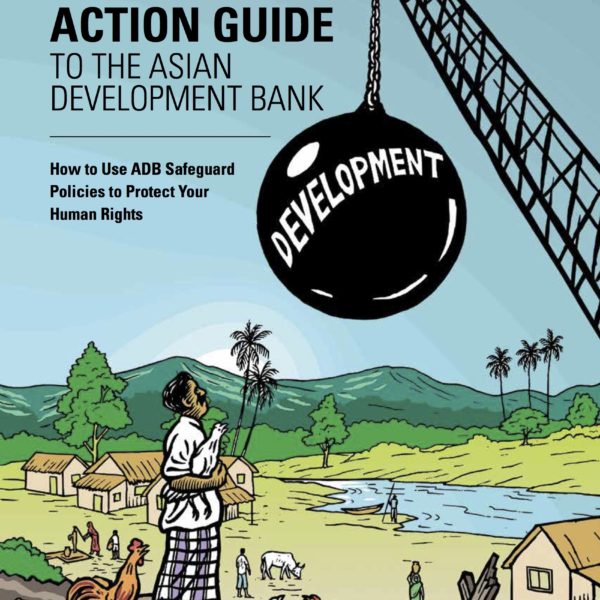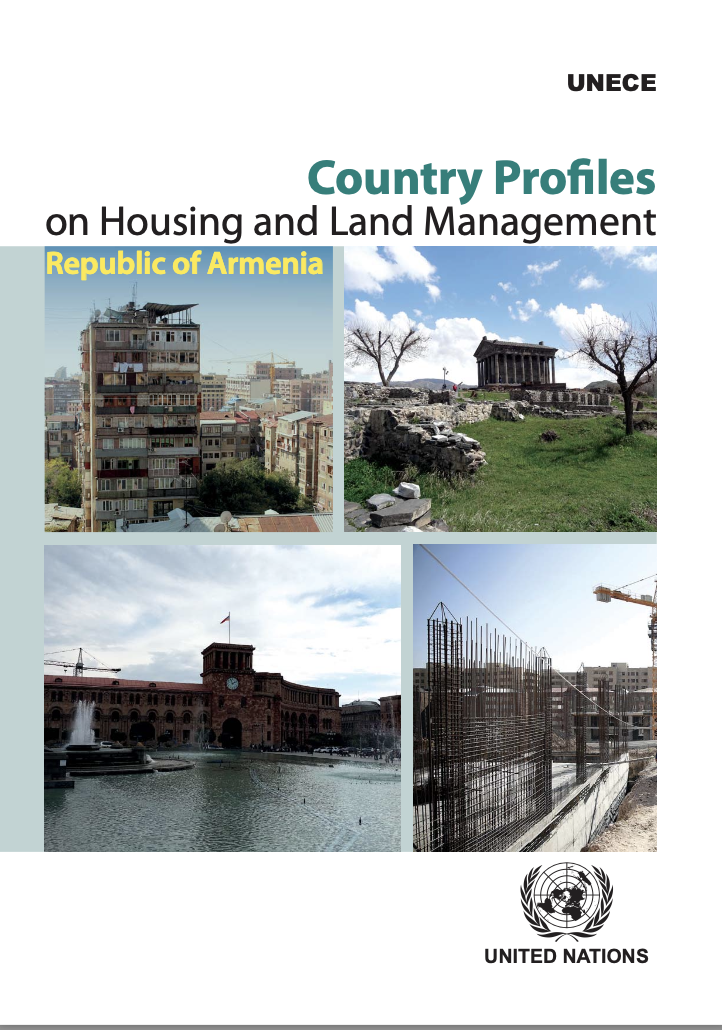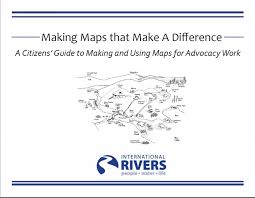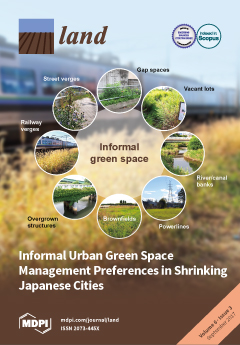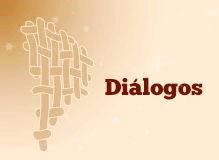The Impact Land Sub-division and Fragmentaion on Rural Development: a Case Study of Vihiga County
Vihiga is one of the most densely populated counties in Kenya with a current population density of 1,045 persons per square km. The high population has exerted enormous pressure on available land resource resulting in land fragmentation and uneconomic subdivision. However the seriousness of the problem has not been systematically analyzed and documented.



